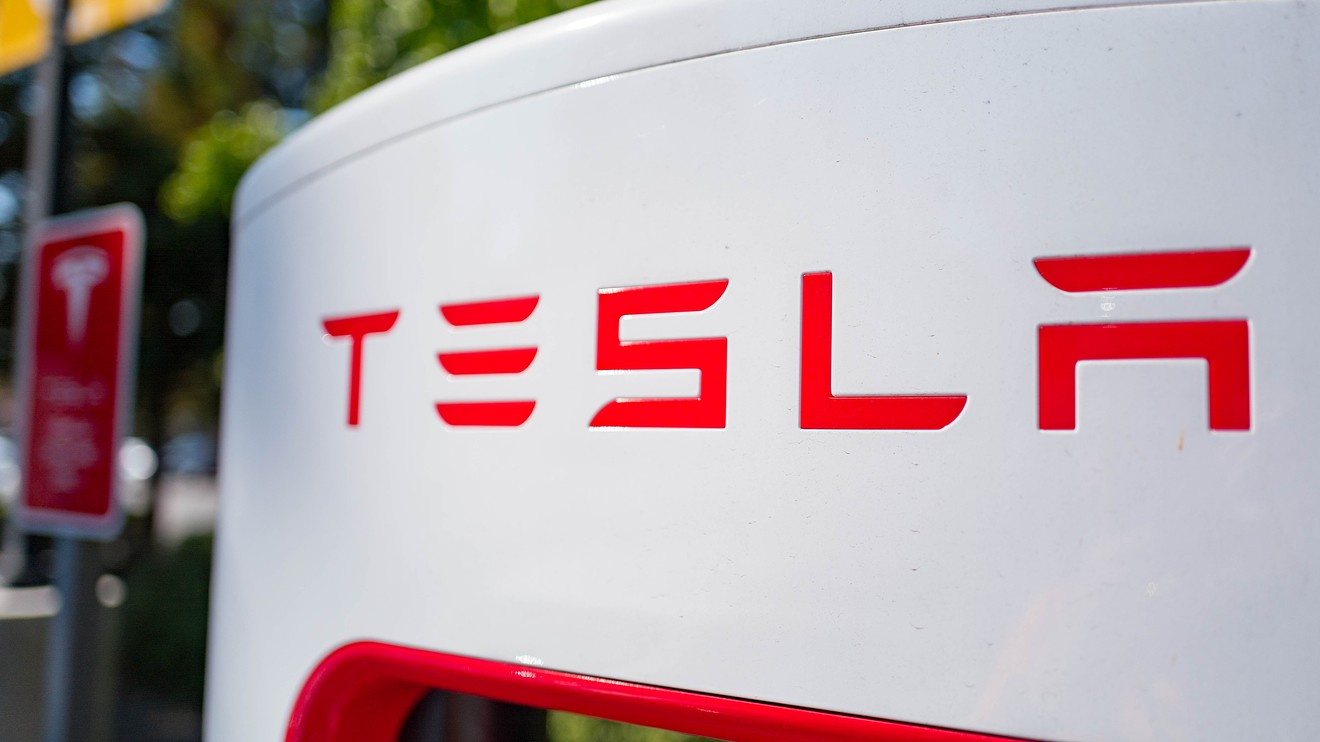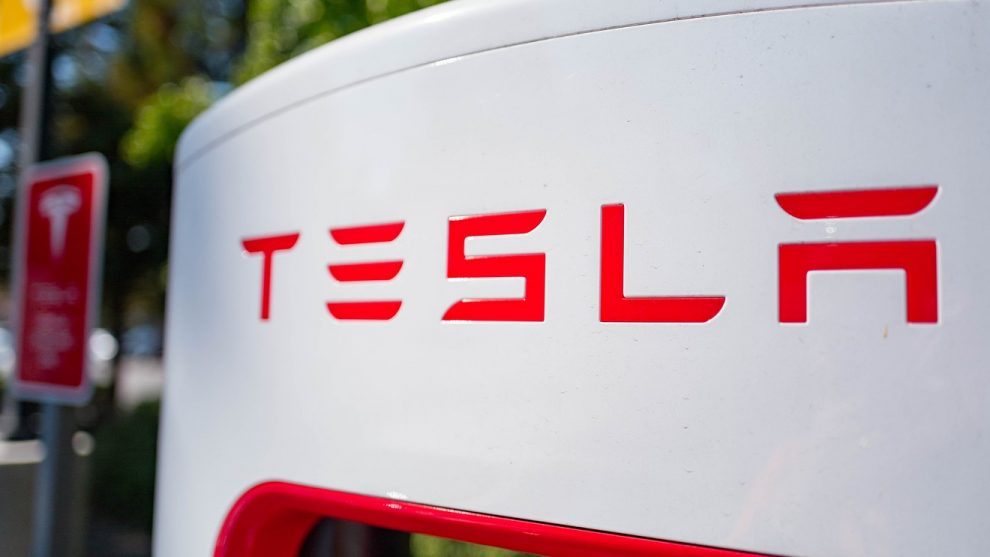
Tesla Inc. is more likely to become a “niche luxury” car maker than a mass-market one, analysts at Barclays said in a note Thursday.
The analysts cut their price target on Tesla TSLA, -0.86% stock to $150 from $192, implying a 20% downside to Thursday’s share price.
Tesla shares fell nearly 2% on Thursday, bringing monthly losses to 21% as the company has been beset by Wall Street criticism in recent weeks.
See also: Elon Musk’s latest leaked email: Tesla must catch up on deliveries
Recent stock price declines reflect “shrinking confidence” in upsides for the company, “and a higher likelihood that Tesla is at best a niche auto maker,” said the analysts, led by Colin Langan.
Model 3 demand is stagnating in the U.S., the company still doesn’t have a path to “significant auto profitability,” and solar storage installations have declined in the past two quarters, the analysts said, naming the main challenges.
Related: Tesla’s Autopilot feature lags behind ‘far behind’ a human driver, Consumer Reports says
Moreover, Chief Executive Elon Musk has pivoted to a “hyperbull” robotaxi scenario, but “his efforts to spring excitement around Tesla’s full self-driving capabilities was broadly met with the appropriate skepticism,” they said.
“We expect more investors to gravitate back to Tesla’s near-term fundamentals of demand, profitability, and cash generation,” the analysts said.
The stock’s downward spiral kicked off midmonth mostly as a reaction to a leaked email from Musk to employees mentioning strict cost-control measures, including Musk personally scrutinizing expenses.
Tesla tapped capital markets earlier this month. It ended the first quarter with $2.2 billion in cash, $1.5 billion less than at the end of 2018, in part due to a $920 million convertible-bond payment in March.
Shares have lost 43% this year and 36% in the past 12 months, contrasting with gains of 11% and 2.4% for the S&P 500 index SPX, +0.21% in the same periods.











Add Comment